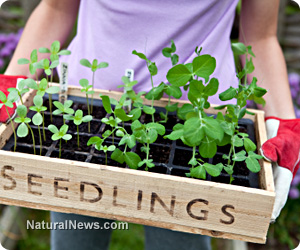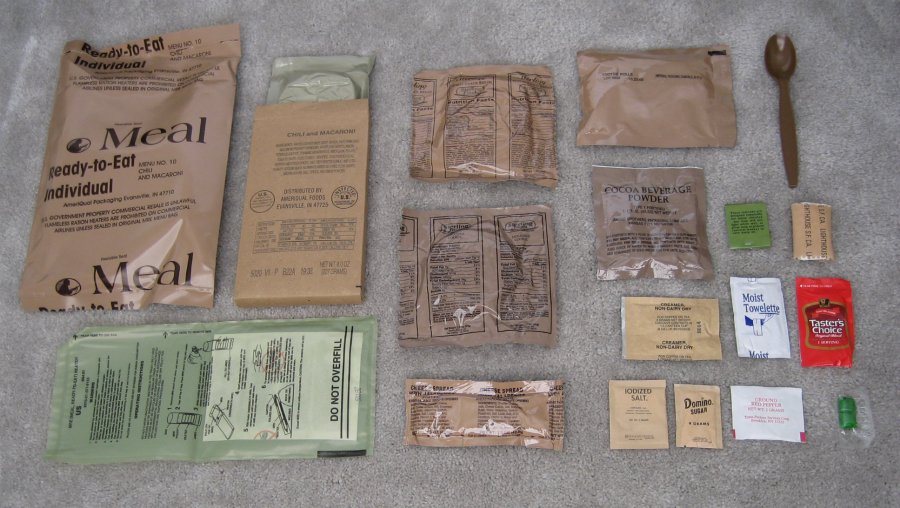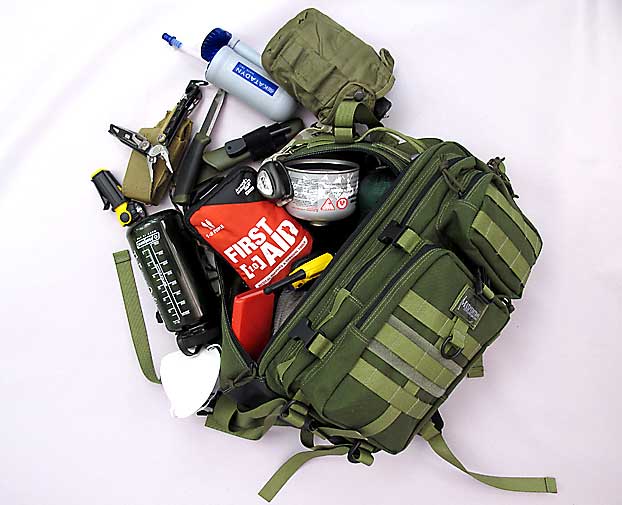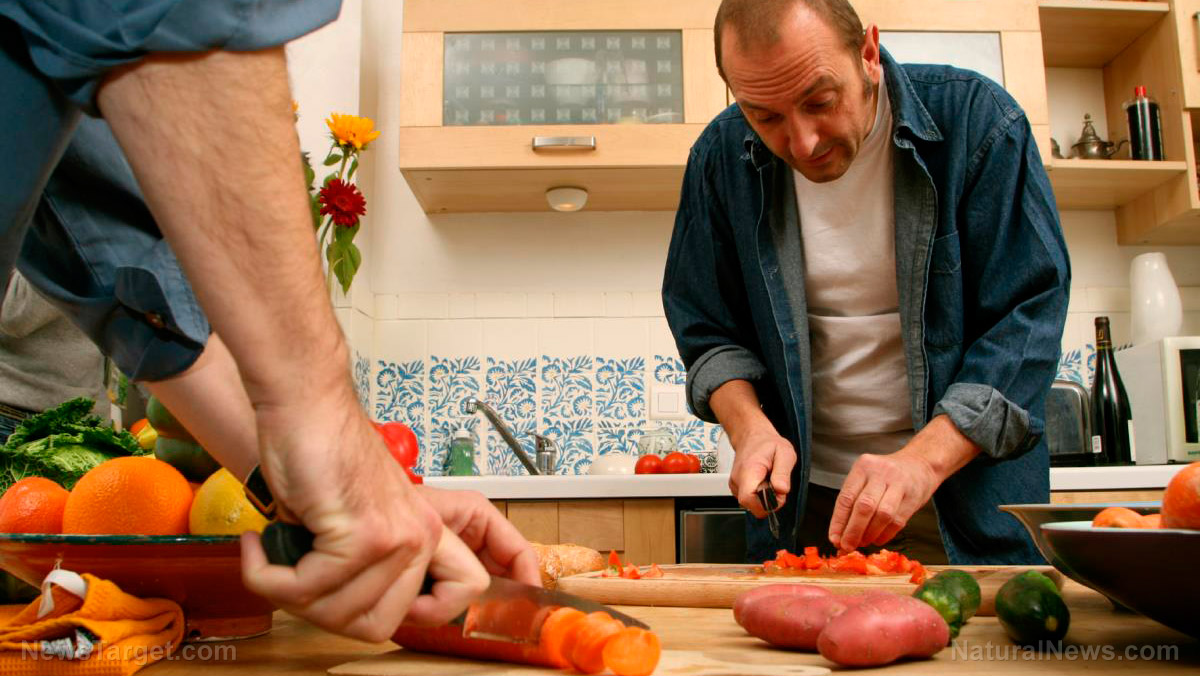Prepper’s food delight: Fruits and vegetables you can grow in your own garden
10/06/2021 / By Mary Villareal

The ability to feed yourself and your family when SHTF is very important, so you may want to learn how to grow your own food now. Gardening does not have to be complicated. Focus on growing fruits and green, leafy vegetables that can be eaten raw or cooked.
Fruits and vegetables to grow in your garden
Leafy greens, root vegetables and legumes are full of essential nutrients and antioxidants, so grow different varieties and incorporate them into your daily diet to help meet you and your family’s nutritional needs.
- Collard greens – This variety of cabbage grows well in rich, well-drained soil and a lot of sun, although they still prefer cooler weather. The leaves can be on the bitter side when eaten raw, but having this in your diet can help lower the risk of cancer.
- Kale – Cooler temperatures take away some of the bitterness of kale to give way to a sweeter taste. This superfood is a good source of vitamins, minerals and beneficial phytonutrients, and provides a lot of your recommended daily allowance for vitamins A and C.
- Swiss chard – This is a biennial plant, which means it grows quickly into its two-year life cycle. It is very resilient and is not always bothered by insects or diseases so it is very easy to grow in your garden.
- Green beans – You may not have access to a lot of meat when disaster strikes, so you need to grow legumes for protein. Green beans are great for kids because of their mild taste. You can choose between bush beans or pole beans. Bush beans grow close to the ground, and mice have a preference for them so you may want to create a perimeter around them to keep them safe. Pole beans, on the other hand, grow in vines and will require support to keep them up. (Related: The basics of home gardening and food preservation.)
- Peas – Peas are among the easiest plants to grow, but you have to make sure to water them properly. Pests and diseases don’t always come for them, and the younger plants can even tolerate a light frost. However, they do need sun and well-drained soil to grow healthily.
- Potatoes – Starchy vegetables like potatoes are great sources of calories and carbohydrates, which you will need to survive. Potatoes grow best in excellent, well-drained soil and will only need about six hours of full sunlight per day. Dig a trench about eight inches deep and use seed potatoes to start. Once harvested, keep them in cool, dry places with a lot of air so that you can store them longer.
- Squash – There are different varieties of squash, but acorn and butternut squashes are starchy vegetables that are very easy to grow. The only downside is they need a lot of space to flourish.
Some fruits are also easy to grow without a lot of effort, and they can provide some sweetness to your diet in case you think all the vegetables are too bland.
- Strawberries – Sweet and juicy, strawberries are easy to grow and spread well in the sun and in well-draining soil. But you have to learn to prune them properly and ensure that they have a healthy root system for them to stay healthy in your garden.
- Cherries – Add color to your garden without too much effort. Sweet cherry trees don’t usually get attacked by insects or diseases, but they need to be monitored for moisture and take at least seven years to bear fruit.
- Peaches – If you want a smaller fruit tree, you can grow dwarf peaches. They only grow up to six feet tall, but they need to be pruned regularly to remain productive.
Growing your own food does not mean that you have to give up flavor. Fruits, in particular, can add a lot of sweetness to your post-disaster diet. However, you have to consider which plants to grow in your garden to ensure that you have food year-round. Start with easy plants and add more as you become more confident in your gardening abilities.
Read more about crops you can grow in your backyard at HomeGardeningNews.com.
Sources include:
Tagged Under: emergency food, food supply, gardening, green living, harvest, home gardening, homesteading, how-to, organics, preparedness, prepper, prepping, self sufficiency, self-reliance, Survival Tips, sustainable living

Get independent news alerts on natural cures, food lab tests, cannabis medicine, science, robotics, drones, privacy and more from NewsTarget.com
Get independent news alerts on natural cures, food lab tests, cannabis medicine, science, robotics, drones, privacy and more from NewsTarget.com
RECENT NEWS & ARTICLES
COPYRIGHT © 2017 · SURVIVAL NEWS





















